We are temporarily not accepting orders from Canada due to the Canada Post strike.
Nous n’acceptons temporairement pas de commandes en provenance du Canada en raison de la grève de Canada Post.
We are temporarily not accepting orders from Canada due to the Canada Post strike.
Nous n’acceptons temporairement pas de commandes en provenance du Canada en raison de la grève de Canada Post.

Secrepat Forte chewable tablets with mint flavor 5 blisters of 10 pcs.
$33.52
Secrepat Forte – balanced antacid for fast relief of heartburn and stomach pain. Protects mucosa, safe short-term use, suitable for adults and teens.
Pharmacological properties
Secrepat forte is a combined balanced antacid drug for the elimination of heartburn and stomach pain. The reduction of the severity of pain syndrome and heartburn is provided by the effects of the components that make up the drug.
Calcium carbonate acts within a few minutes after ingestion, neutralizing hydrochloric acid.
Magnesium trisilicate due to the floating effect contributes to the formation of an antacid film on the surface of the gastric contents, which covers the wall of the esophagus during reflux. Aluminum salts (dihydroxyaluminum aminoacetate and aluminum hydroxide) in the composition of the drug Secrepat forte have an antacid, enveloping, adsorbing effect, maintaining pH around 4. Due to their buffer properties, they neutralize only excess hydrochloric acid, maintain physiological conditions of digestion and do not lead to secondary hypersecretion of gastric juice. The protective effect of aluminum salts is due to the ability to activate their own protective factors, in particular the synthesis of prostaglandins, which stimulate the secretion of mucus and bicarbonates in the gastric mucosa, which leads to the accumulation of epidermal growth factor in the defect zone and scarring of ulcers.
During the neutralization process, carbon dioxide is not formed, flatulence and, as a result, secondary hypersecretion do not occur. The drug acts locally. Only a small amount of aluminum compounds is absorbed, a little more – magnesium compounds, which are quickly excreted from the body with urine. As a result of the neutralization of hydrochloric acid, aluminum and magnesium hydroxides are converted into chlorides and excreted from the body with feces.
Indication
Symptomatic treatment of pain syndrome and heartburn in diseases of the gastrointestinal tract: gastric and duodenal ulcers, gastroesophageal reflux disease, dyspepsia, acute and chronic gastritis with increased or normal acid-forming function of the stomach. irritation of the gastric mucosa caused by smoking or dietary errors (consumption of alcohol, coffee, sweets, flour products, etc.). for prophylactic purposes – with long-term use of NSAIDs, GCS and other ulcerogenic drugs.
Application
The drug Secrepat forte is taken orally. The tablets are slowly dissolved or chewed. Adults are prescribed 1-2 tablets 4-6 times a day, the last time – immediately before bedtime. The drug is recommended to be taken 1-1.5 hours after a meal. The course of treatment is 3-4 weeks. For heartburn or pain syndrome, the drug is taken in the same dose, regardless of the meal (on demand). To protect the gastric mucosa from the irritating effect of ulcerogenic drugs, 1-2 tablets Secrepat forte are taken 2 hours before their intake. Children aged 10-18 years are prescribed ½ the adult dose. The maximum daily dose for adults is 12 tablets.
Contraindication
Hypersensitivity to the components of the drug, severe renal failure (creatinine clearance 30 ml/min); nephrolithiasis caused by the formation of calcium-containing stones; Alzheimer’s disease; hypophosphatemia; constipation, chronic diarrhea, severe abdominal pain of unspecified genesis, hypercalcemia and/or conditions leading to hypercalcemia; patient age up to 10 years.
Side effects
The drug is usually well tolerated by patients. In Secrepat Forte, the possible astringent properties of aluminum and calcium are balanced with the laxative properties of magnesium. However, adverse reactions may occur.
Immune system disorders: hypersensitivity reactions including rash, pruritus, urticaria, angioedema and anaphylaxis.
Metabolic disorders. In patients, especially with impaired renal function, prolonged use in high doses may lead to hypermagnesemia (when using antacids containing magnesium) or hypercalcemia and alkalosis. Hypercalciuria, hyperaluminemia may also be noted.
Gastrointestinal: Nausea, vomiting, stomach discomfort, diarrhea, constipation, and stool discoloration may develop.
Musculoskeletal and connective tissue disorders: Muscle weakness is possible, with prolonged use – osteomalacia.
Other disorders. In patients with renal failure, prolonged use of aluminum and magnesium salts in high doses may lead to the development of encephalopathy, dementia, microcytic anemia, or worsen the course of dialysis-induced osteomalacia.
With prolonged use of magnesium trisilicate in high doses, the formation of silicate stones in the kidneys is possible.
If any undesirable effects or unusual reactions are detected, you should consult a doctor regarding further use of the drug.
PROPER SAFETY MEASURES DURING USE
Do not exceed the recommended doses of the drug. The drug should not be taken simultaneously with large amounts of milk or dairy products.
If the symptoms do not disappear, partially persist or worsen after 10 days of treatment, it is necessary to conduct an examination to clarify their nature and review the treatment regimen. The course of treatment should not exceed 10 days. Patients should consult a doctor in case of weight loss, difficulty swallowing and a constant feeling of discomfort in the abdomen, indigestion that appeared for the first time, changes in the course of existing indigestion.
Aluminum hydroxide can cause constipation, and hydrated magnesium trisilicate can cause intestinal hypokinesia; the use of this drug in high doses can cause or complicate intestinal obstruction and intestinal obstruction, especially in patients at increased risk of such complications, such as patients with renal failure or the elderly.
Aluminum salts are generally poorly absorbed from the gastrointestinal tract, so systemic effects in patients with normal renal function are rare. However, high doses or prolonged use of the drug, or even the usual doses in patients on a low-phosphorus diet, may lead to a decrease in phosphate levels in the body, which is accompanied by increased bone resorption and hypercalciuria with an increased risk of osteomalacia (due to the binding of aluminum to phosphate).
Elevated plasma concentrations of both aluminum and magnesium may occur in patients with renal insufficiency. In such patients, prolonged use of aluminum and magnesium salts in high doses may lead to the development of encephalopathy, dementia, microcytic anemia, or worsen dialysis-induced osteomalacia.
Aluminum hydroxide may be dangerous for patients with porphyria who are on hemodialysis.
Calcium and magnesium salts should not be used in hypercalciuria. With caution, Secrepat forte is prescribed to patients with impaired renal function, especially those on dialysis, with metabolic disorders and patients on a low-phosphate diet to reduce the risk of aluminum and magnesium intoxication and the development of hypophosphatemia. With prolonged use of the drug, it is necessary to monitor the level of aluminum, magnesium and calcium in the blood plasma. Long-term use of the drug in high doses may increase the risk of kidney stones.
Patients with hereditary diseases accompanied by fructose intolerance, glucose-galactose malabsorption or sucrose-isomaltose insufficiency should not take the drug due to the sucrose content.
Patients with diabetes should take into account that the drug contains sucrose.
Pregnancy and breastfeeding. During pregnancy, the drug can be used as directed and under the supervision of a physician if the expected benefit to the mother outweighs the potential risk to the fetus. The content of aluminum and magnesium ions, which can affect transit in the gastrointestinal tract, should be taken into account:
- magnesium salts can cause diarrhea;
- Aluminum salts can cause constipation and worsen constipation, which is often observed during pregnancy.
The presence of calcium in high doses used for a long time increases the risk of hypercalcemia with calcification of various organs, in particular the kidneys.
Prolonged use and overdose of this drug should be avoided.
When using the drug in pregnant women, constant consumption of milk (1 liter contains up to 1.2 g of elemental calcium) and dairy products should be avoided to prevent excess calcium, which can lead to the so-called milk-alkali syndrome (Burnett syndrome), which is a rare but serious disease and requires medical attention.
If it is necessary to prescribe the drug, breastfeeding should be discontinued for the entire period of its use.
Does not affect the ability to drive vehicles and work with other mechanisms.
Children. Used in children over 10 years of age.
Interactions
A 2-hour interval should be observed between taking the drug Secrepat forte and the following drugs: ethambutol, chloroquine, cyclines, diflunisal, diphosphonates, fexofenadine, sodium fluoride, glucocorticoids (interaction with prednisolone and dexamethasone has been described), indomethacin, kayexalate, ketoconazole, lansoprazole, lincosamides, phenothiazine neuroleptics, penicillamine, phosphorus (supplements), thyroxine.
Secrepat forte reduces the absorption of certain drugs (tetracyclines, fluoroquinolones, isoniazid, naproxen, quinidine, cardiac glycosides (digoxin), histamine receptor blockers, receptor blockers, iron preparations).
The drug increases the absorption of levodopa, acetylsalicylic acid and nalidixic acid.
Diuretics reduce urinary calcium excretion and increase its plasma levels. Due to the increased risk of hypercalcemia with simultaneous use of thiazide diuretics, it is necessary to regularly monitor the level of calcium in the blood plasma.
In case of simultaneous use with phosphates, fluorine compounds, levothyroxine and eltrombopag, the absorption of the latter decreases.
Concomitant use of aluminum hydroxide and citrates may lead to increased aluminum levels, especially in patients with renal insufficiency.
Overdose
The drug in high doses, as well as with prolonged use (more than 4 weeks), can cause nausea, vomiting, constipation, diarrhea, decreased appetite. Renal failure may also occur, especially in patients with impaired renal function, hypercalcemia, alkalosis, electrolyte disturbances (decreased phosphate concentration and increased magnesium and aluminum concentration in blood plasma), which are most likely in chronic renal failure, muscle weakness. Cases of acute overdose and symptoms of acute toxicity in humans have not been noted. If the above symptoms occur, it is necessary to stop taking the drug and wash the stomach.
Storage conditions
At a temperature not exceeding 25 °C.
You may also like


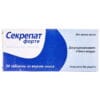
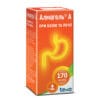
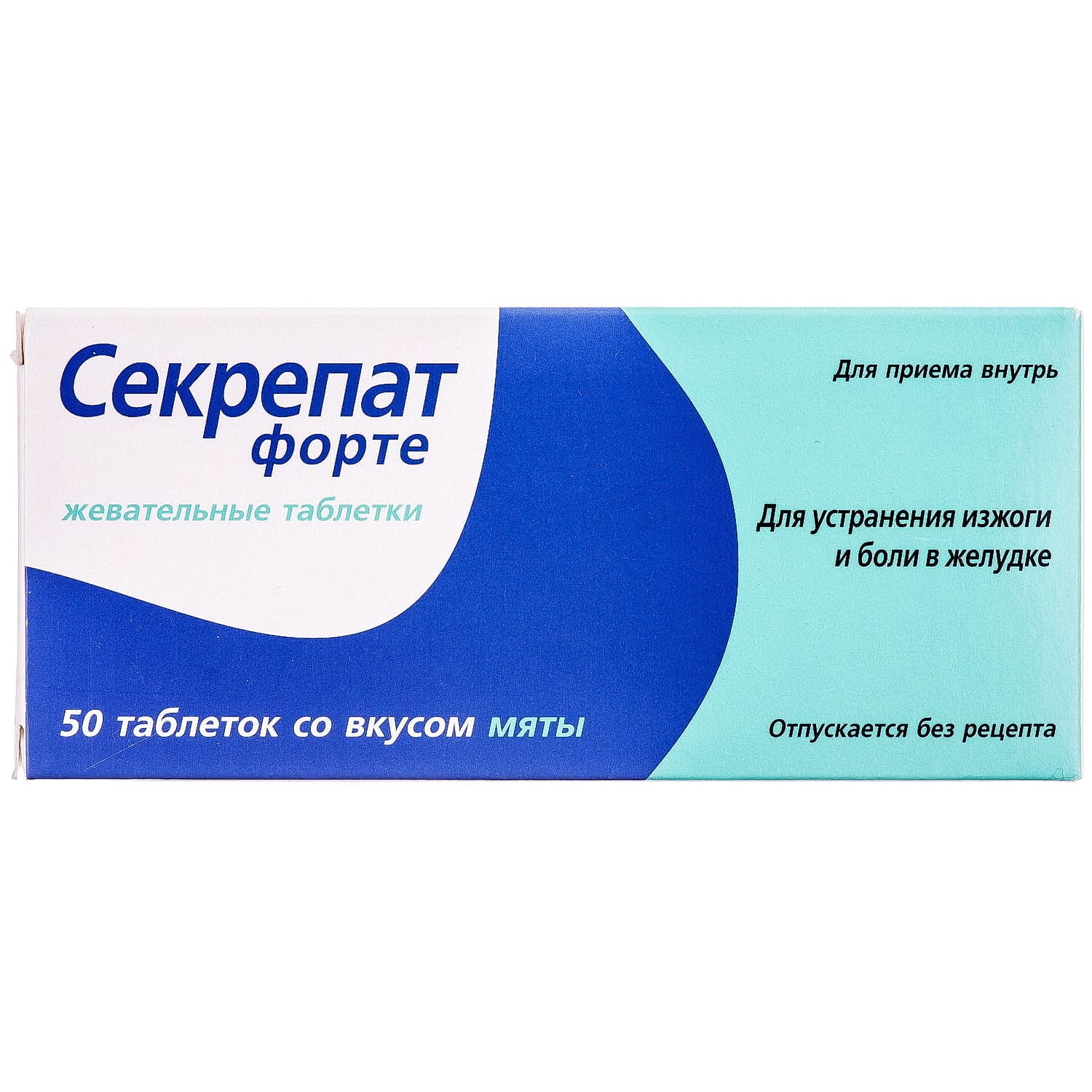
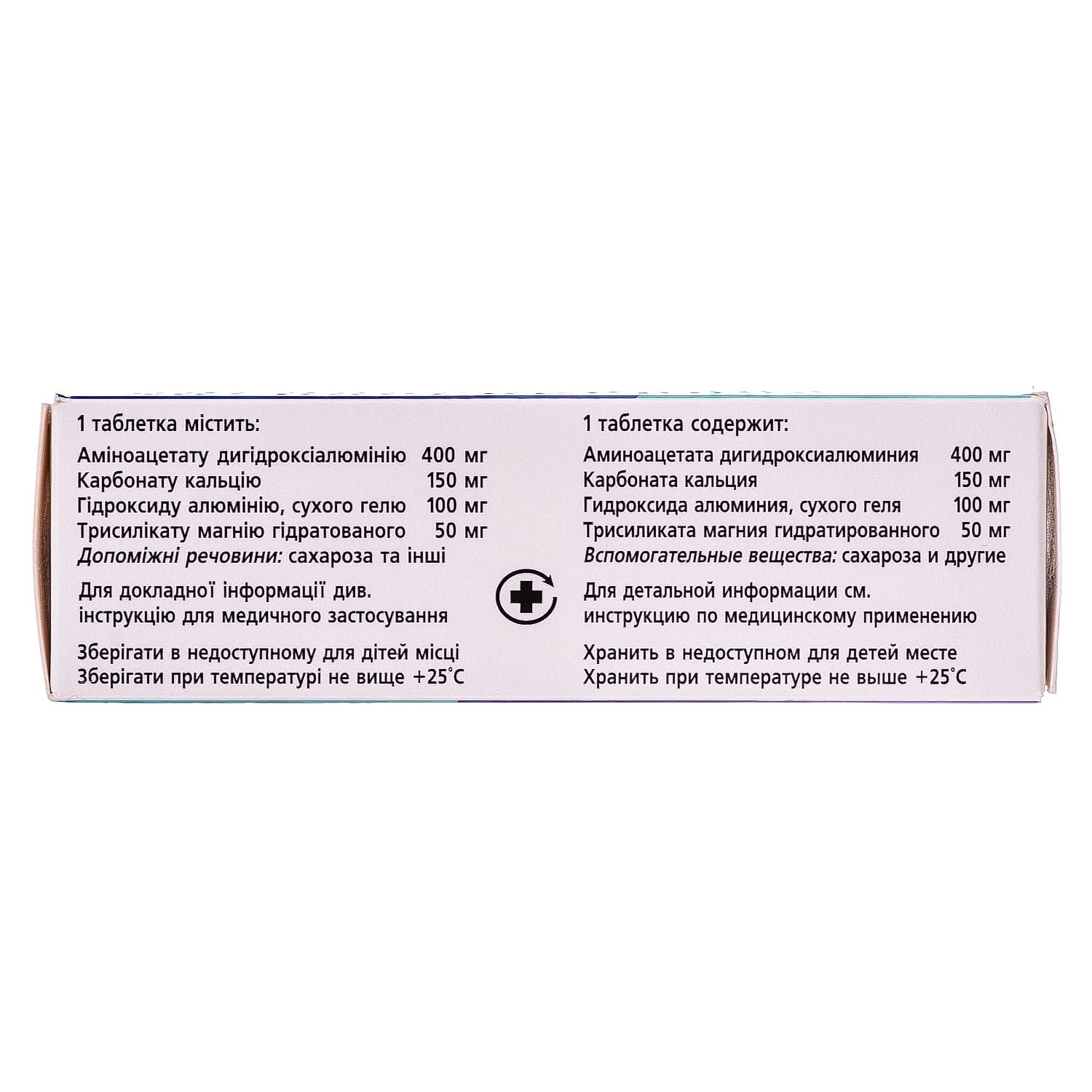
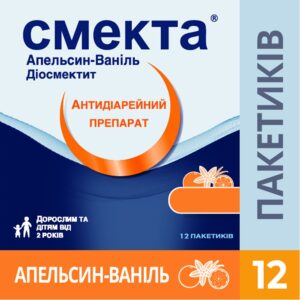
Reviews
There are no reviews yet.